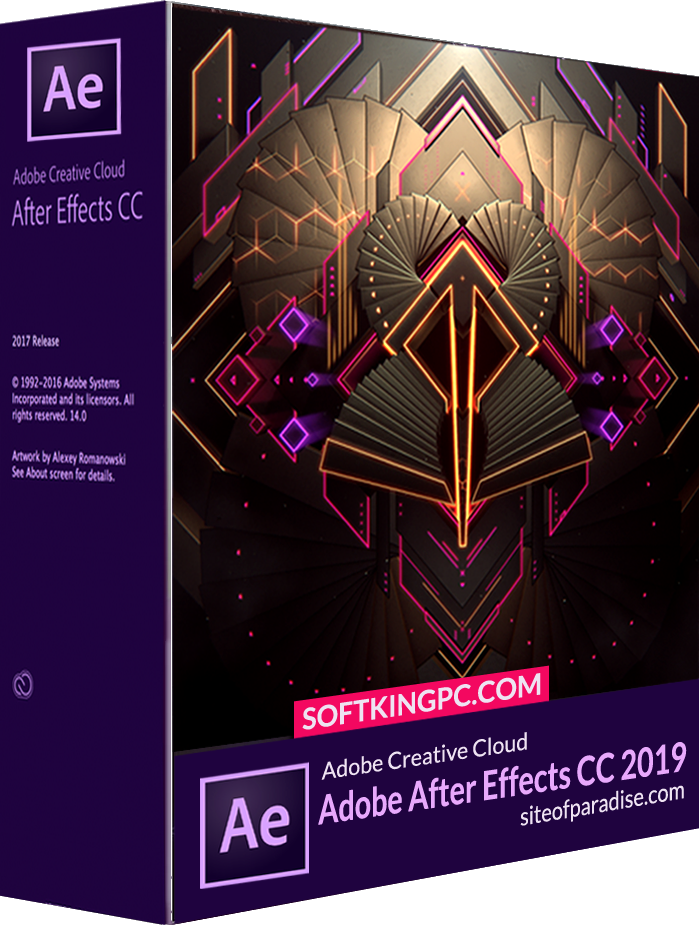

- ADOBE AFTER EFFECTS CC 12.0 MAC OS X
- ADOBE AFTER EFFECTS CC 12.0 MAC OS
- ADOBE AFTER EFFECTS CC 12.0 CODE
This privacy notice provides an overview of our commitment to privacy and describes how we collect, protect, use and share personal information collected through this site. Pearson Education, Inc., 221 River Street, Hoboken, New Jersey 07030, (Pearson) presents this site to provide information about Adobe Press products and services that can be purchased through this site.

Just below the Preferences menu item, if you are logged in you will see your login address as a menu item with the option to Sync Settings Now. Once you have them the way you like them, After Effects now allows you to sync them to your Creative Cloud account so that you can simply load them wherever you go. Throughout Section I of this book we’ve looked at options that influence how you set your Preferences. This should cause the application to crash and auto-save. Now open Terminal, and enter kill –SEGV # where “ #” is replaced by the After Effects PID value. Open Activity Monitor and look for After Effects to get its PID number.
ADOBE AFTER EFFECTS CC 12.0 MAC OS
On Mac OS X, an extra feature may come in handy when the application becomes unresponsive without crashing. The auto-save options, if used properly, further diminish the likelihood of losing project data. When After Effects does crash, it attempts to do so gracefully, offering the option to save before it exits. If that means nothing to you, you’re probably not the shell scripting nerd for whom a feature like that was created, but you might instead want to take a look at Open Sesame. Most of what is in these files is untouchable the main use is to locate and change file paths to swap footage sources without having to do so manually in the UI. These work the same way but are written in plain Unicode text you can edit them with an ordinary text editor.

XML and Open SesameĪfter Effects projects can be saved as. Save the file, restart After Effects, and invoke those 20th-century glory days of the beige Mac. In many cases, the value after the = is a binary yes/no value, expressed as 0 for no and 1 for yes, so if you’re nostalgic for how the After Effects render chime sounded in its first several versions, findĪnd change the 0 to a 1. "Eye Dropper Sample Size With Modifier" = "5" "Eye Dropper Sample Size No Modifier" = "1" Pt_OpenSesame by Paul Tuersley saves and reads projects in a human-readable, plain-text format in which its relatively straightforward to make all sorts of changes. Revert to the backup by giving it the original filename should anything start to go haywire after the edit. Make a backup copy before editing by simply duplicating the file (any variation in the filename causes it not to be recognized by After Effects). These can be opened with any text editor that doesn’t add its own formatting and works with Unicode. The easiest way to reveal it from the Finder is to select Go > Go to Folder and then type Library.
ADOBE AFTER EFFECTS CC 12.0 MAC OS X
Mac OS X started hiding the User/Library folder with the release of 10.7 (Lion). Mac: :/Users//Library/Preferences/Adobe/After Effects/12.0/.Windows: :\Users\\AppData\Roaming\Adobe\After Effects\12.0.
ADOBE AFTER EFFECTS CC 12.0 CODE
Unless you’re comfortable with basic hacking (learning how code works by looking at other bits of code), however, I don’t recommend it. If you’re one of those people, After Effects Shortcuts and Preferences are saved as text files that are fully editable and relatively easy to understand. Some people are comfortable sorting through lines of code gibberish to find editable tidbits.

Hack Shortcuts, Text Preferences, or Projects


 0 kommentar(er)
0 kommentar(er)
